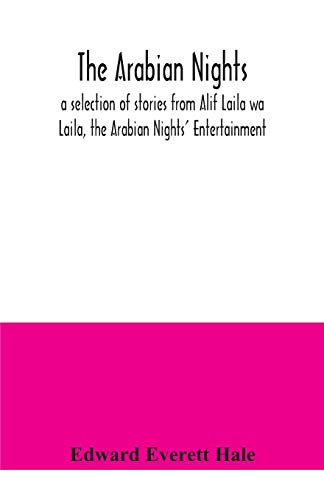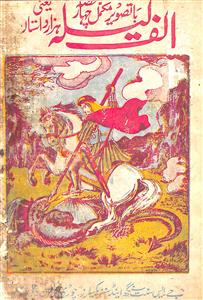
Sana Usman leaves them with a choice, “Urdu or English?” They all answer in a chorus, “URDU!” We hear stories like the famous Brothers Grimms’ Rumpelstiltskin, books on flowers and bears and the functioning of machines on a construction site. Then it’s time for some to read out loud from books. I can’t grasp if they are made up on the spot or if they are sharing stories they have heard before, but everyone is focused on the storyteller. We all listen as the kids tell stories to each other in the library.
#Alif laila urdu stories trial#
I believe these skills must be put into the classroom, right from the beginning.” Her team manages to create an alternative learning environment, here, outside of the classroom, in a space that allows questions, laughter, debate, trial and error and imagination. They are not being able to problem solve, because they cannot think creatively and critically. They are collecting the degrees, but they are not collecting the skills. I know that in our schools, there is an emphasis on rote learning and people are getting by. We don’t have that sense of humour that belongs in a classroom and I can tell you how much I have laughed with children, kids who have absolutely nothing. That is a deliberate aim, explains Basarat.

“When the kids look excited! I don’t like them to sit here with dull faces.” I ask Anook Ikram, who works here, what is the most satisfying aspect of the job.

Today, the children are excited and the vibe allows for questions to be asked in a very informal sitting. This serves a purpose, as she explains, “The kids from the private schools come with an expectation that they are to teach the kids from less fortunate backgrounds, but quite often the opposite happens.” It is, according to Basarat, one of the few places where children from government schools interact with children from more privileged private schools like Beaconhouse and Lahore American School. The library was gifted to the ALBBS by the Punjab government in 1986 and houses several rooms including a reference library and an audiovisual centre.Īlif Laila provides many types of exposure. Today, the old red bus is parked behind Main Market next to a library in Gulberg. “Alif Laila, named after the fabled Thousand And One Nights, started off as a book bus in 1978,” she explains. What does Alif Laila mean and what is your story? I ask Basarat. There are approximately thirty-five children, and they are being picked and dropped by the Alif Laila staff from their schools and transported in buses. There is also one boy who has come on his own from a madrassa around the block. Today’s visitors are kids from classes 4 and 5 at Gulistan-e-Saida School and Government Model Girls High School. We meet a lot of lovely kids and get to know more about the idea behind Alif Laila from Basarat Kazim, the author of several children’s books and the President of the Alif Laila Book Bus Society (ALBBS). For those of you who are unfamiliar, I can reveal that inside the red bus and behind the painted walls is a universe of magic, glitter pens, puppet shows, robots and stories. Perhaps you and your parents have visited before during your childhood, and perhaps you never took the time to visit with your own children.

It’s a normal Monday and Mette Hartmeyer is reporting for Destinations from a colourful structure on wheels located inside a shady park in one of Lahore’s city centres. She speaks to its young visitors and the President of the Alif Laila Book Bus Society to understand what the organization stands for and why it needs all the support that it can get.

Since moving to Pakistan 4 years ago, Mette Hartmeyer has been a regular visitor to the Alif Laila mobile library, where children from across Lahore are transported to a wondrous world of imagination and creativity.


 0 kommentar(er)
0 kommentar(er)
